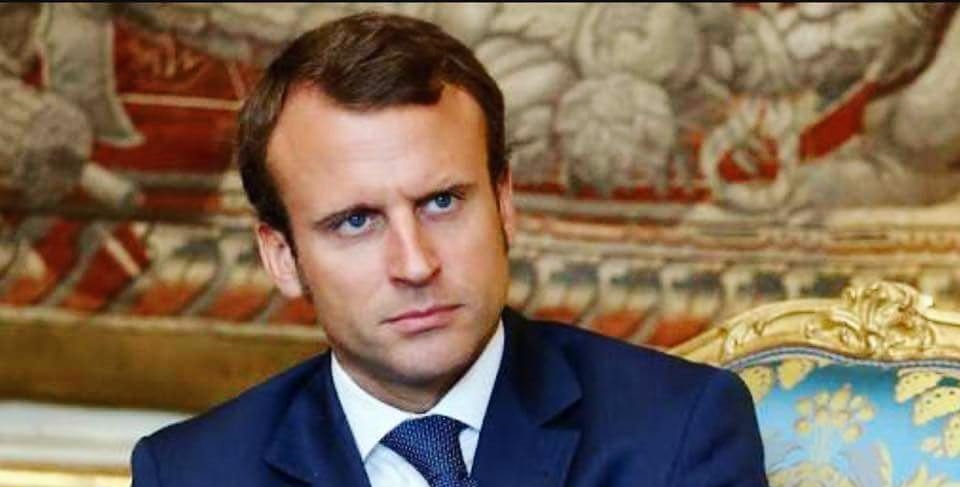The labor test
August 31, 2017 | Expert Insights

French President Emmanuel Macron is all set to unveil the government’s highly anticipated labor reform plan.
Background
Emmanuel Macron won the French Presidential election on May 7, 2017. Despite being a relative newcomer to politics, he was able to position himself as a staunch centrist. His campaign was based on economic reforms. He promised to overhaul the rigid French labor laws to tackle unemployment in France.
The French unemployment rate has come down in the recent months. However, as of May 2017, it was still 9.6%. The French Labor Code has been a source of concern for employers in the past but the highly powerful labor unions in the country hold its protections sacred. Running over 3,000 pages, the code, has been described as indecipherable in parts. 170 pages of the rules deal with firing employees, 420 pages deal with health and security regulations. 85 pages tackle collective negotiations and 50 pages are dedicated to temporary work. Employers in the nation have often complained that these rules make it harder for them to hire new employees since it is expensive. It is also difficult (and expensive) to fire employees.
Macron, who has positioned as pro-business is sympathetic to the complaints and has vowed to loosen up the rules.
Analysis
In order to overhaul the code, Macron as well as Labor Minister Muriel Penicaud have held meetings with France’s unions and business organizations. It was their goal to find a common ground between the two parties and work from there. Macron has said that he wants to allow individual companies negotiate wages rather than be subject to industrywide agreements. The plan will cap dismissal awards and allow workplace referendums. Employers will also be given more freedom to negotiate directly with employees on a number of issues.
The success of Macron’s nascent Presidency hinges on the success of these efforts. Jerome Fourquet, head of political surveys, at Ifop said, “It’s an eve-of-battle mood. Macron is newly elected and retains some legitimacy, but the honeymoon is over and public discontent is growing. The balance of power has already shifted between June and August.”
Goldman Sachs in a note to its clients expressed cautious hope stating, “The level of employment protection in France is one of the strictest across European countries, therefore even minor reforms could improve the competitiveness of French companies. However, it warned that “the impact of labor market reforms on the economy has proven to be challenging to identify in the past.”
Despite the fact that Macron was able to clinch the Presidency with a high margin, his favorability ratings have dropped to a new low in the recent weeks. According to a new poll, he is down 14 points and his approval rating is hovering around 40%. This is the lowest approval rating a French President has received so soon after elections. Additionally, Macron’s plans have already once been thwarted by the public. He had wanted to give his wife a constitutional role as first lady, however due to widespread protests, the plan was scrapped.
Assessment
Our assessment is that Macron has a far greater chance than anyone before him to overhaul France’s rigid labor laws. It is interesting to note that some of the biggest unions are not likely to join the protests which is being spearheaded by the far-left CGT. For a long time, entrepreneurs of mostly mid-sized companies in France have wanted to negotiate directly with worker-representatives that are not affiliated with the unions. As we have said earlier, visionary leaders focus on doing what’s right rather than worry about popularity or ratings.
Read more:








Comments